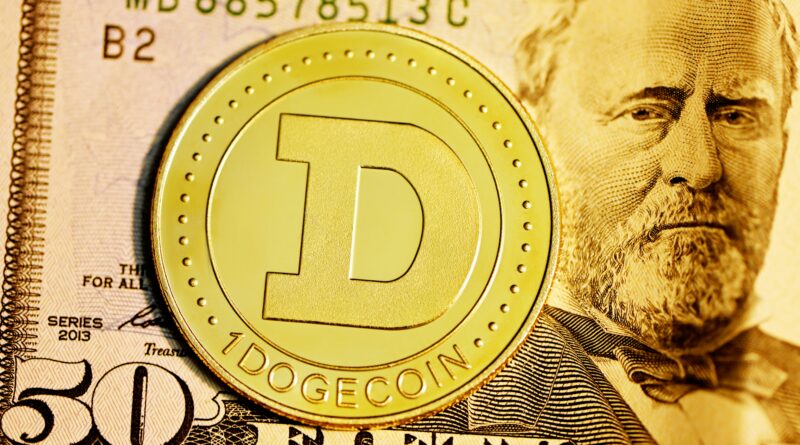What is digital currency, anyway?
Let’s break it down in plain English. Digital currencies are forms of money you can’t hold in your hand. No paper, no coins — just numbers on a screen. Some are decentralized, like Bitcoin or Ethereum, meaning no one controls them. Others are centralized, like government-issued digital currencies (called CBDCs).
There are also stablecoins — digital assets pegged to regular currencies like the U.S. dollar. Think of them like crypto with a seatbelt. Then there’s the Wild West of altcoins, meme coins, and projects with names that sound like video game characters. Some are promising. Others are…not.
Why Are People Investing in It?
Three words: potential for growth.
That’s what drew me in. Unlike traditional stocks, some cryptocurrencies have seen massive gains in short timeframes. Bitcoin went from a few cents to tens of thousands of dollars. Ethereum isn’t far behind.
But it’s not just about fast profits (though let’s be honest, that’s a huge part of the appeal). Some people invest in digital currencies because they believe in the tech behind them — blockchain. Others are fed up with traditional banks, inflation, or simply want more control over their money.
Here’s the Catch: It’s risky. Really Risky.
If you’re imagining easy money, please stop now. This space is volatile. I’ve watched my portfolio drop 40% in a day — then bounce back the next week. You need to be prepared for chaos.
And then there’s the security issue. If someone gets access to your wallet or private key, it’s game over. There’s no bank to call. No password reset. It’s just…gone.
There’s also the threat of regulation. Some countries are still figuring out whether they love crypto, hate it, or want to control it. Laws can (and do) change overnight.
Want to Start? Do This First
If you’re still reading, you’re probably still curious. So here’s a beginner’s checklist to avoid some rookie mistakes:
- Pick a trusted exchange—Coinbase, Kraken, or Binance (check if they’re legal in your region). Don’t fall for sketchy apps promising guaranteed profits.
- Get a wallet—hot wallets (like apps) are convenient. Cold wallets (USB-like devices) are safer for large amounts. Think of it like carrying cash vs. putting money in a safe.
- Start small—please don’t put your rent money into Dogecoin. Start with what you can afford to lose. Because yes, you might lose it.
- Actually research—don’t buy a coin just because your cousin said it’ll “go to the moon.” Look into what the project does, who’s behind it, and if it even makes sense.
- Track your investments—use something like CoinGecko or a portfolio app. It’s easy to lose track when you’re dabbling in multiple coins.
Strategy: HODL, Trade, or Both?
You’ll hear the term “HODL” a lot — it just means hold on for dear life. This strategy works if you believe in a coin long-term and don’t want to get caught up in short-term price swings.
Then there’s trading — buying and selling to make quick profits. I’ll be honest: most people who try this lose money. If you don’t understand charts, trends, or risk management, you’re gambling, not investing.
Personally? I do a bit of both. I keep long-term holdings in Bitcoin and Ethereum, and I occasionally trade smaller coins for fun — but only with “play money.”
Don’t Forget Taxes and Laws
Here’s something most beginners don’t realize: you have to pay taxes on crypto gains. At least in most countries. If you buy low and sell high, the government wants its cut.
Also, know the rules in your country. Some places require ID checks (KYC), while others ban crypto entirely. Don’t wait until you’re audited to figure it out.
What’s Next for Digital Currency?
This part excites me. We’re seeing a shift in how money works. Governments are building their own digital currencies. Banks are investing in blockchain. Even big tech companies are getting involved.
Crypto is no longer “just for nerds.” It’s becoming part of the financial mainstream. But we’re still early — which means there’s opportunity but also uncertainty.
Final Thoughts (From Someone Who’s Been There)
If you’re serious about digital currency investment, here’s my honest advice:
- Don’t FOMO. Fear of missing out is a fast way to make dumb decisions.
- Keep learning. The space changes constantly. What’s true today might not be tomorrow.
- Secure your stuff. Hackers love beginners who don’t know better.
- Invest with your head, not your heart. Emotion kills portfolios.
And finally — enjoy the ride. Whether you make a little, lose a little, or break even, you’ll learn a ton. Just treat it like a long game. Not a lottery ticket.




